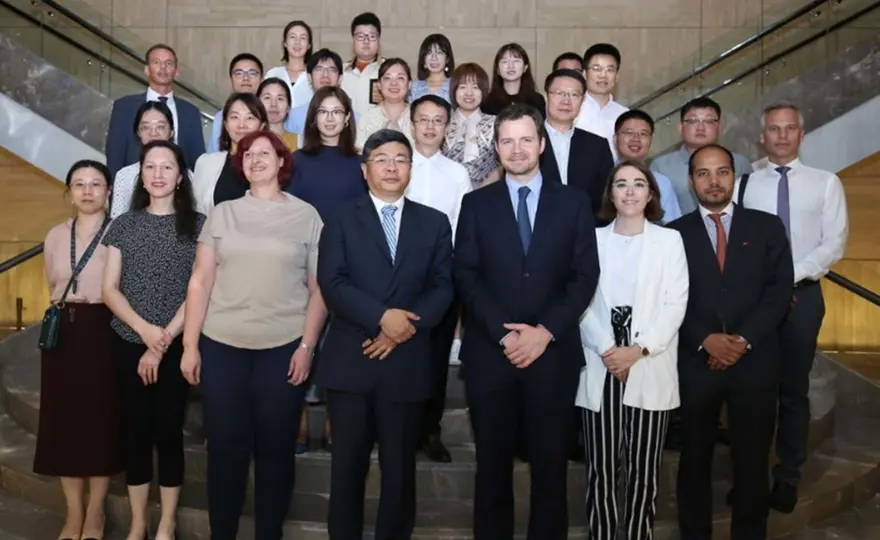ClientEarth Communications
2nd July 2021


This update is part of the EU-China Environment Project.
The EU and China are committed to making the next international Convention on Biological Diversity – COP15 – a success in order to address the “catastrophic consequences” of biodiversity loss, according to high level officials attending a workshop co-hosted by ClientEarth.
The meeting, held in Beijing on June 28 to discuss COP15 preparations, brought over 70 participants together, including experts on biodiversity and negotiators from China, the EU, Norway, Brazil, South Africa and other countries.
Liu Ning, China's chief negotiator for COP15, reaffirmed that the Chinese side will do everything it can to ensure the successful implementation of the conference, which is scheduled to be held in Kunming, China, in October 2021.
Stefan Leiner, head of unit for biodiversity in the DG Environment of the European Commission, echoed that statement on behalf on the EU, as well as reaffirming the bloc’s commitment to achieve an ambitious post-2020 Global Biodiversity Framework.
In his address, delivered via Zoom, he expressed hope that the workshop would help to maintain the momentum and find new ways forward.
The seminar was part of a series of workshops on biodiversity organised by the EU-China Environment Project, which is funded by the EU and implemented by a consortium including ClientEarth.
It came shortly after the 24th meeting of the Subsidiary Body on Scientific, Technical and Technological Advice (SBSTTA) and third meeting of the Subsidiary Body on Implementation (SBI), which were centered on making preparations for COP 15.
Discussions focused on key negotiation issues for addressing biodiversity loss, including resource mobilisation, implementation mechanisms, targets for protected areas and natural restoration, and Access and Benefit Sharing and Digital Sequence Information.
Sebastian Paquot, Counsellor for Environment and Climate of the EU Delegation to China, said that lessons should be taken from the Nagoya Protocol, an agreement which aims to share the benefits arising from the utilisation of genetic resources in a fair and equitable way, and the Aichi Biodiversity Targets.
He highlighted the need to discard old mechanisms that have proved ineffective, and bravely experiment with new ones.
Mr. Paquot also stressed that biodiversity loss is a crisis for the whole planet, and we will face catastrophic consequences if we do not take action now.